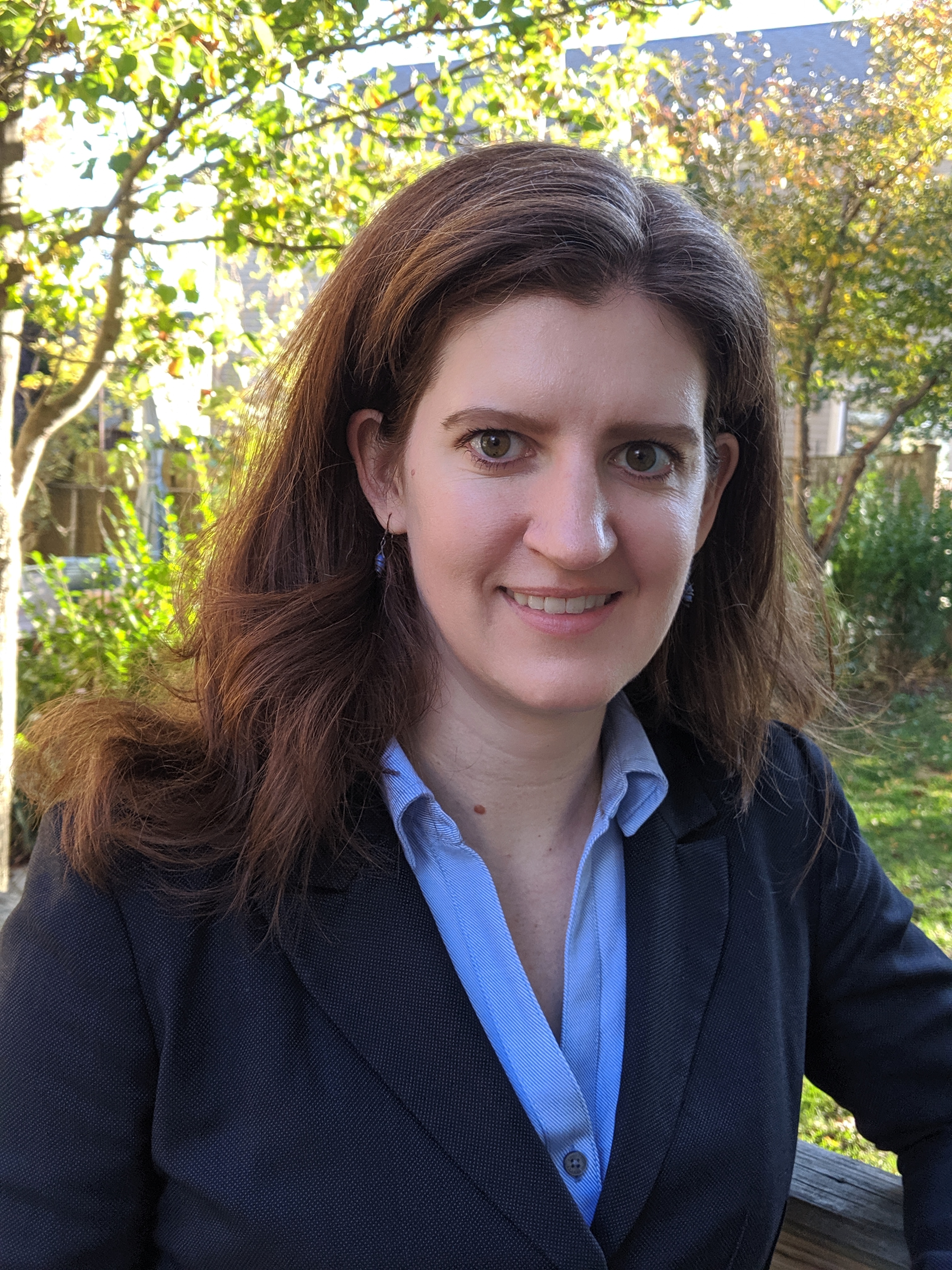Laura Nelson is a new Assistant Professor of Sociology at the University of British Columbia studying social movements, culture, gender, and organizations and institutions. Her research has examined processes around the formation of collective identities and social movement strategy in feminist and environmental movements, continuities between cycles of activism and the role of place in shaping social movement activity, intersectionality in women’s movements and in the lived experiences during the 19th century in the U.S. South, gender inequality in startups and entrepreneurship, the translation of academic ideas to practice in the National Science Foundation’s ADVANCE program, and gender inequality in emergency medicine departments.
We spoke to Laura about her research, upcoming classes, and new teaching role with the Faculty.


What excites you about working at the University of British Columbia?
What drew me to UBC is a combination of three things:
First, UBC is well known for its impactful research — both academically but also research that addresses real-world problems. I am excited to connect with colleagues, as well as curious and motivated to connect with undergraduate and graduate students to expand my own research agenda, contribute to the ideas and work of others, and support the overall research community at UBC.
Second, I am a product of public education, from preschool through my PhD, and I think public education is one of the most important infrastructures in contemporary society. I’m excited to contribute to UBC’s mission of educating and training the next generation of students and to support public education as a resource to such a large and diverse body of students.
Third, UBC has many connections to international communities and institutions. As someone who collaborates with scholars in multiple countries, I’m excited to continue these international collaborations and to connect to more scholars, students, and institutions across the world.
“I am excited to connect with colleagues, as well as curious and motivated to connect with undergraduate and graduate students to expand my own research agenda, contribute to the ideas and work of others, and support the overall research community at UBC.”
What research project are you currently working on?
I am a computational social scientist, which means I use computational techniques, such as machine learning and natural language processing, to analyze and extract insight from large amounts of social data — anything from historical archival documents, to websites, to social media, to data collected from apps used in workplaces. One of my current favourite projects is analyzing articles on Wikipedia that cover historical topics, such as the history of the National Woman’s Party or the history of Black feminism. I’m comparing the Wikipedia articles to large collections of primary material from these organizations and movements to determine what aspects of history are considered important enough to be included in Wikipedia, and what aspects of history tend to be ignored. The hope is to help make Wikipedia more thorough and inclusive in its coverage of historical topics.
Can you tell us about the courses are you teaching this year?
In the coming years, I plan to teach courses introducing computational methods and computer languages (such as R and Python) to social science and humanities students, at both the undergraduate and graduate levels, as well as a course on data and society. The goal of the data and society course will be to explore how and why digital data is collected, stored, used, communicated, assembled, and sold in today’s society, how it impacts our lives and society more broadly, and how we can, in turn, use these troves of data to gather insights about the social world in responsible and ethical ways, and in ways that can improve society.
“I love the questions and interactions that come from meeting students outside of your discipline.”
What is your teaching style in the classroom?
I tend to teach to interdisciplinary classrooms, with students from diverse disciplines such as economics, sociology, history, English, computer science, and mathematics. I love the questions and interactions that come from meeting students outside of your discipline, but it also comes with distinct challenges. In short, teaching in interdisciplinary classrooms requires an interdisciplinary style. This takes two forms: integration and application. I integrate the perspectives of many different disciplines into all my lessons. If I’m teaching algorithms, I integrate this with math and computer science, but also the socio-technical infrastructure that supports algorithms and impacts how they shape society. I also teach in an applied way. If I’m teaching Python (a scripting language), I don’t do so in the abstract, but I teach Python with an applied purpose: Python for text analysis, Python for social data analysis, Python for data visualization. This helps students from a range of disciplinary backgrounds understand how skills and knowledge relate directly to their own interests, and also encourages students to apply these skills directly to what motivates them.
What should students expect from you as a teacher?
Expect to be challenged, to work on real-world problems and projects, and to come away with something concrete that you created. I want you to learn, to apply your skills, and to produce something you’re proud of when you take my course (and may also help you get a job when you graduate 🙂).
What are you most looking forward to this upcoming school year?
I’m looking forward to getting to know my new colleagues and students over the next year. But I’m also looking forward to exploring campus and Vancouver. I love the mountains, I love hiking and camping, and I’m a snowboarder. In addition to learning more about this vibrant intellectual community, I’m super excited to take advantage of the incredible natural wonders this area offers.


